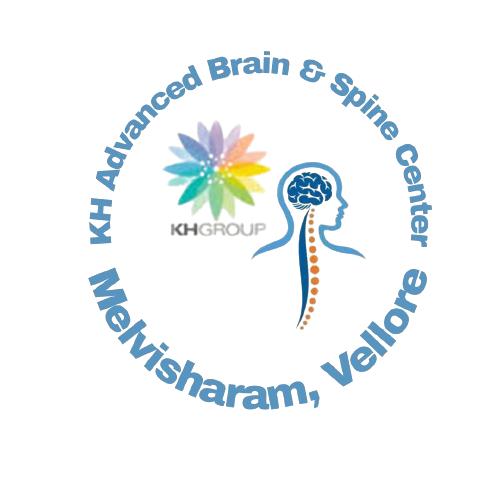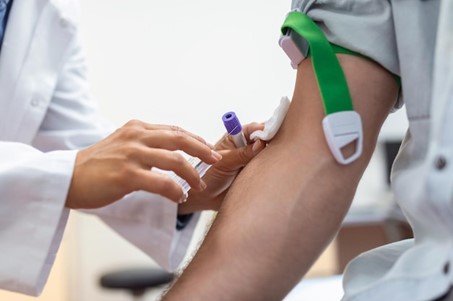Understanding your health and managing chronic conditions like diabetes necessitates knowledge about various medical tests and their implications. One such test is the Hemoglobin A1c (HbA1c), which serves as a vital tool in diabetes diagnosis and management.
Let us delve into what HbA1c entails, why it is important, and how it impacts your healthcare journey.
What is Hemoglobin?
Before delving into HbA1c, it is crucial to comprehend hemoglobin’s role in your body. Hemoglobin, a protein present in your red blood cells, aids in transporting oxygen from your lungs to various tissues and organs, while also facilitating the removal of carbon dioxide, a waste product, from your body
Understanding Blood Sugar (Glucose)
Blood sugar, also known as blood glucose, serves as the primary energy source for your body’s cells. Derived from carbohydrates in your diet, blood sugar is regulated by insulin, a hormone produced by the pancreas. In diabetes, this regulatory mechanism is disrupted, leading to persistently elevated blood sugar levels.
Deciphering the HbA1c Test
The HbA1c test, also known as the glycated hemoglobin test, offers insights into your average blood sugar levels over the past 2-3 months. It provides a comprehensive assessment of your blood sugar control over time, rather than relying on a single data point.
Importance of the A1c Test
Your HbA1c results play a pivotal role in diabetes diagnosis, management, and treatment adjustment. For individuals with diabetes, regular HbA1c monitoring assists in evaluating the efficacy of treatment regimens, facilitating timely adjustments to medication dosages or lifestyle interventions.
When to Get an HbA1c Test?
The decision to undergo an HbA1c test is influenced by various factors, including symptoms suggestive of diabetes, routine screening during medical check-ups, or identification of diabetes risk factors. Depending on your age, medical history, and risk profile, your doctor may recommend periodic HbA1c testing.
Preparing for an HbA1c Test
Unlike some blood tests, HbA1c testing typically does not require fasting or special preparation. However, it is essential to follow any specific instructions provided by your doctor regarding medication usage or dietary restrictions.
Interpreting HbA1c Results
Normal HbA1c levels typically fall within the range of 4% to 5.6%. Levels between 5.7% and 6.4% may indicate prediabetes, while values of 6.5% or higher suggest diabetes. Understanding your HbA1c results empowers you to gauge your blood sugar control and take proactive measures to manage your condition effectively.
Managing Elevated HbA1c Levels
For individuals with diabetes, achieving and maintaining optimal HbA1c levels (usually below 7%) is paramount to reducing the risk of diabetes-related complications. Lifestyle modifications, including dietary changes, regular exercise, and medication adherence, are cornerstone strategies for lowering HbA1c levels.
Limitations and Considerations
While HbA1c testing is invaluable in diabetes management, it is essential to recognize its limitations. The test provides an average blood sugar level over several months but does not capture day-to-day fluctuations. Additionally, certain health conditions or factors may influence HbA1c results, necessitating clinical judgment and additional testing as warranted.
Understanding the significance of HbA1c testing equips individuals with diabetes with the knowledge and tools necessary to navigate their healthcare journey effectively. By actively engaging in regular HbA1c monitoring, implementing lifestyle modifications, and collaborating closely with healthcare providers, individuals can strive towards optimal blood sugar control and improved overall health outcomes.


